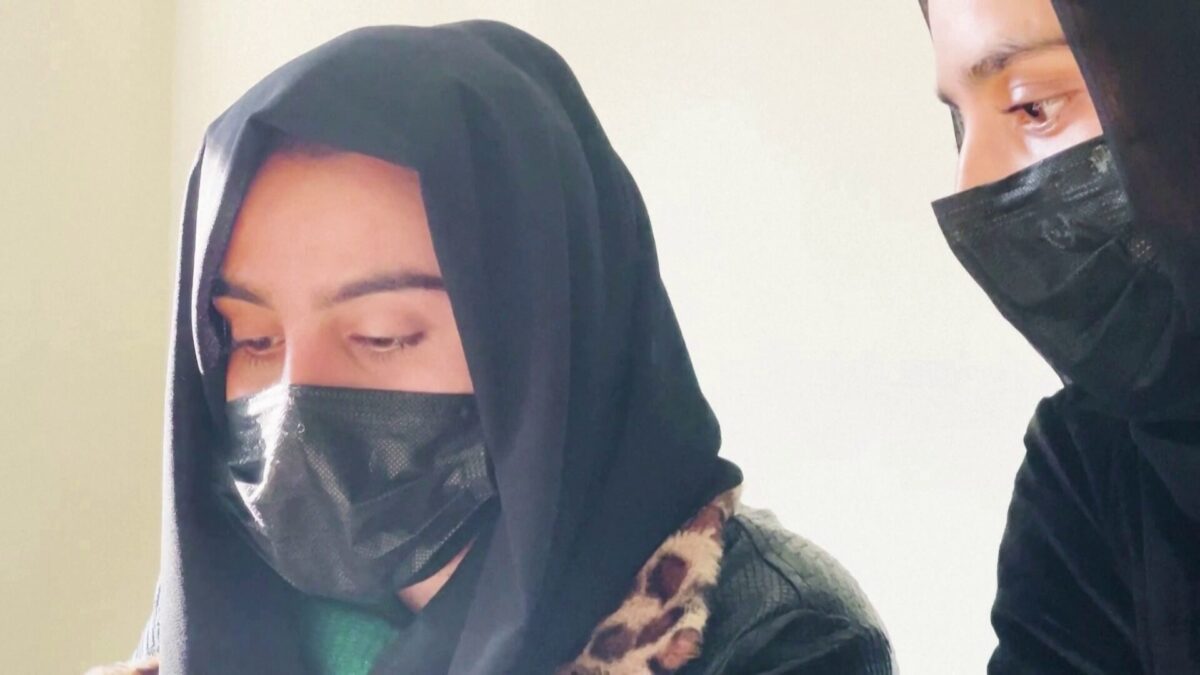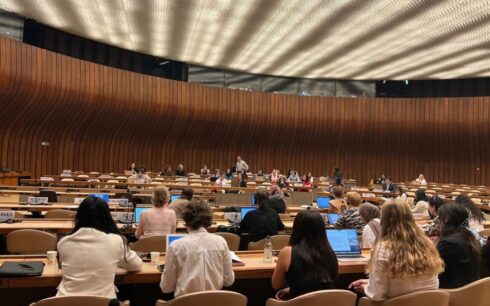HERAT, Afghanistan — With each closed classroom door, Afghan girls say they are watching their futures slip further into darkness.
Since the Taliban returned to power in 2021, education for girls has been steadily stripped away. Now, even the last remaining opportunities—such as mid-level health institutes—have been shuttered, leaving many girls with nowhere to turn.
“I feel like every door is closing in front of me,” said Moaddesa, a former law student from Badghis who had hoped to become a prosecutor. When universities were closed to women, she enrolled in a medical institute, clinging to a final hope of continuing her education. But in December 2024, the Taliban extended their education ban to health institutes as well.
“After the university ban, I still had hope,” she said in an interview. “Now, even the institutes are shut. This life feels stagnant and discouraging.”
Rokhsar, a student from Kabul, echoed the despair: “Health institutes were our last hope. With their closure, the future for Afghan women is collapsing. We are devastated by this decision.”
The Taliban’s most recent education ban came in December, when the group’s leadership prohibited women from studying in health-related institutions—an area previously seen as a narrow but crucial exception to their sweeping restrictions. Humanitarian groups had argued that female health workers were essential to providing care to Afghan women, who are often barred from visiting male practitioners.
Diwa, another student from Badghis, described the closures as a final blow. “First, they shut our universities. Now they’ve taken the institutes too,” she said. “There’s no path left for those of us who want to learn.”
According to the United Nations, more than 400,000 additional girls were blocked from education at the start of the new academic year in March 2025. The total number of school-aged girls currently out of school has surpassed 2.2 million. The U.N. has warned that if current policies continue, that number could exceed four million by 2030.
Rights groups have condemned the Taliban’s policies as a direct violation of international law and a devastating blow to Afghanistan’s development.
“Education is not only a basic human right—it’s also the foundation for any country’s progress,” a recent U.N. statement said. “The cost of denying girls an education will be felt for generations.”
Inside Afghanistan, many girls say they are losing more than just lessons—they are losing purpose.
“All my dreams are behind those locked doors,” said Moaddesa. “And now, no one is even trying to open them.”





